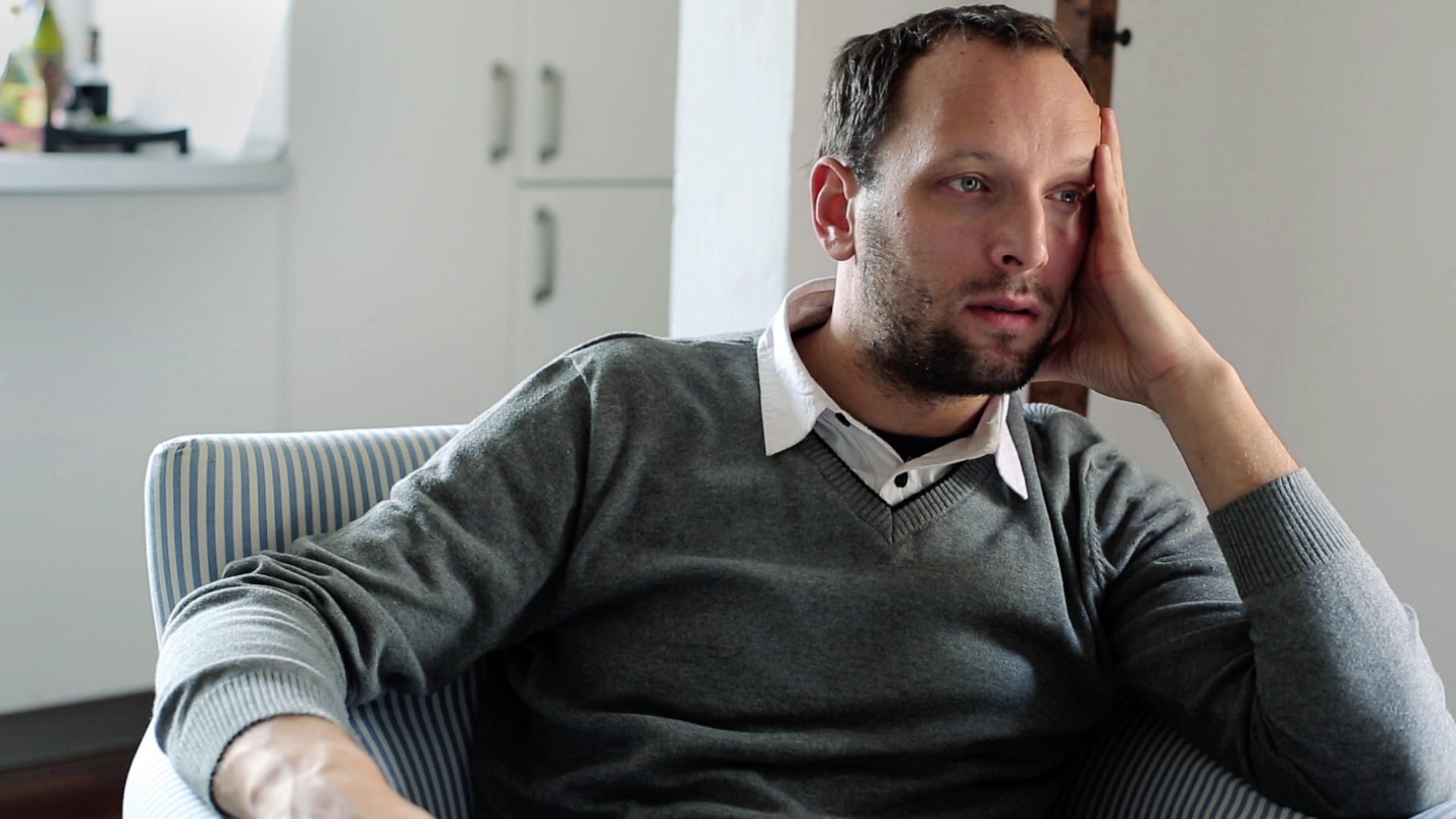What To Do In Stressful Moments Depends Upon What You Do In The In Between Moments

By Dr. Sue Morter
Stress is our body’s natural response to life-threatening situations. If a hungry bear is coming towards you, your body immediately sends a stress signal to your system that tells you to, “Run!” This is a good thing when it comes to survival instincts.
Stress and its harmful effects, seem to be running rampant in our culture more than ever before.
According to The American Institute of Stress, stress is the basic cause of over 60% of all human illness and disease and costs the United States an estimated $300 billion in healthcare and lost productivity, every year.
Modern-Day “Bears”
Apart from bears attacking us, the stress response also occurs when we anticipate one thing happening and instead, we experience something else. When we have an expectation and it’s not met, we don’t accept or trust what is taking place. When this happens, we experience resistance and press against what’s actually occurring. This creates a reverberation of energy in our own system that initiates a fight or flight response in the body and the body kicks off the exact same life-saving responses, as if a bear was actually chasing you. When this happens, the system doesn’t know the difference between you actually being chased by a bear, or just being upset with what you thought was going to happen but didn’t.
Stress can also come from an unresolved emotional memory of a “bear” or unwanted/life-threatening situation you encountered years ago. It could have been in the form of a “relationship” bear, a “work” bear, a “child who’s having trouble at school” bear, an “addiction” bear, or a “chemical imbalance” bear. Whatever the situation, the fight or flight response was triggered and your system can still be responding to something that occurred five years ago, as if it’s still occurring.
In today’s hectic society, oftentimes too many “bears” happen all at once and our system becomes so overwhelmed that it shuts down. The final and lasting message we receive is, “run for your life!”
Results of prolonged stress
Our system is now running for its life, day after day, week after week, month after month, perhaps even year after year. Our system isn’t designed to endure that kind of prolonged stress, so the adrenal glands, which have been constantly pumping adrenaline into your system so you can run from that “bear,” begin to exhaust. When this happens, the thyroid kicks in, trying to help with what the adrenal glands are no longer able to do and pretty soon your whole hormonal system is unbalanced.
Byproducts of this are:
- Sleeplessness: We don’t sleep at night, because the body doesn’t want to drop into a deep restful sleep if it thinks that a bear is breathing down our neck. In fact, an estimated 44% of stressed people lose sleep every night.
- Overeating: Instead of being able to manage the stress that’s occurring, to override it and not have to experience it, we reach for foods that are comforting but unhealthy, or we eat stressfully. 40% of stressed people overeat or eat unhealthy foods.
- Addiction: We might divert, or deflect, or become addicted to any number of things, whether it’s alcohol, or drugs, or shopping, or thinking, or over-analyzing life.
- Premature Aging: The chemicals of stress acidify the body and cause premature aging. We become exhausted and begin to have cellular breakdown in the body. It’s been proven that stress even shrinks the brain.
All of these symptoms occur because we were unable to have a trusted relationship with the way things were going.
How to Deal with Stress
We have to develop the trusted relationship with the world, trusting that what is happening in my life is not happening to me, it’s happening through me, and happening for me, to awaken to my greatness. In order to shift from a resisting, distrustful state to one of acceptance and trust, we must employ a few easy tactics:
- Ask “Am I really okay in this moment? – Whatever is taking place in your life, or whatever worries you’re carrying, stop and evaluate in that moment, are you ok? What will happen is the subconscious mind will answer, “Yes, in this particular moment, right here, sitting here right now, I’m actually okay.”
- Ask again – If we can get the subconscious to recognize that in this moment you’re ok, then a few moments later ask the question again, “In this moment, am I okay?” When we begin to check in this way periodically throughout the day, we start to send a message to the subconscious mind saying “all is well.” Regardless of what is taking place, in that moment, you are ok.
- Squeeze – In the moment you are ok, take a breath through the body, squeeze the muscles in the base of the pelvis, seating yourself there, and squeeze your heart just a little by squeezing your shoulder blades together and dropping them down. As you breathe in the belly, squeeze your throat just enough that you can feel your breath traversing up and down.
- Breathe – Squeezing everything together, as if you’re giving yourself an internal hug, then take a breath from above your head down through your body and into your heart. Exhale down from your heart, through your belly, and into the earth. When you do that, you’re eliciting a response in the body that calms everything down. The breath is bringing you closer to the core of your body, where you can pick up enough power to drop into a feeling of security and a greater sense of self and presence.
By doing these four steps, in that moment, the subconscious begins to register again and again the feeling of, “I’m okay.” This begins to clean the slate, so that we can start to have a new creative and life-affirming idea come forward instead of continually reacting as though, our life depends upon things going the way we think they should go.
Instead of resisting, we begin to TRUST what is taking place around us and allow our life, and our energy, to flow with ease.
Establishing a Practice of Trust
It is so important when you’re under a stressful time in your life, when you’re trying to recalibrate on the notion of accepting whatever is taking place in your life and trust it is for your highest good, a ritual of self-care is crucial. Developing a practice for yourself so it becomes engrained when the stress rises is important because what you do in a stressful moment depends on what you do in the in-between moments.
Below are a few tips to establish a practice of trust:
- Diet – It is so helpful to bring alkalizing foods into your diet at this time because the chemicals of stress acidify the body. If you’re eating foods that are processed and pre-prepared and chemically based, it bogs your system down with extra energy that it requires to digest those foods and that energy is now not available for you to deal with the stress. Up to 80% of what you’re consuming everyday should be fruits and vegetables and 20% everything else. The more of that, that you can consume raw, if your system can handle raw, the better. The chemicals of proper nutrition can alkalize the body and bring that up to a balanced state where cellular rejuvenation and regeneration can occur. Then, the digestion and filtering and cleansing and detoxifying replenishing your immune system and allowing your whole conscious being to be more creative will happen under alkalizing conditions.
- Meditation – I cannot recommend enough the value of slowing down the breath and stilling the mind, allowing yourself to experience yourself without the thinking mind that’s trying to process everything at once. Learn how to meditate, drop in to this deep core presence, and breathe in a way that allows the subconscious to experience a state of well-being and wholeness and stillness, aside from these specific things that are happening in your life at that time.
- Nature – Take your shoes off, or walk in the grass. Better yet, lay down in the grass with your spine down on the earth, if you can. It allows the sensory nervous system to be grounded, to slow down into the same wave frequencies of 10 cycles a second that the earth has, which slows you into a healing mode.
These practices are so incredibly valuable, if we learn to put them together. If we can remember to do them under stressful moments. The recommendation that I have for people under stressful moments is to have been doing these practices regularly in between the stressful moments, so that the stressful moments are actually perceived as less stressful.
